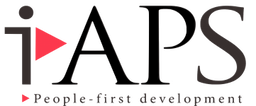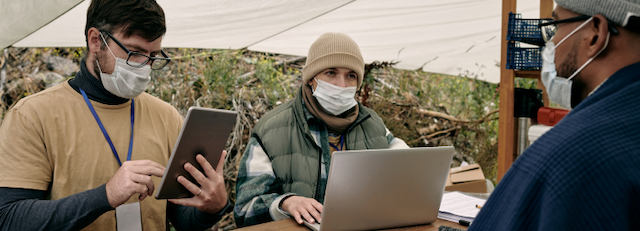Services in Third-Party Monitoring
i-APS’ TPM systems, tools, and reporting allow us to collect and analyze primary data, such as the location and status of activities and beneficiary engagement. This helps donors independently verify information reported by their IPs, oversee and manage IP activities, use programmatic learning, and improve the efficiency and effectiveness of their programs by informing future activity design.
As part of our TPM and MEL work, we design, organize, and conduct DQAs for donors and their IPs. DQAs are implemented in accordance with donors/IPs and provide actionable recommendations on monitoring and evaluation systems to help improve data quality. Additionally, we present DQAs in reports, infographics, learning sessions, and presentations, according to client requirements.
i-APS TPM teams specialize in pharmaceuticals, supply chain management, and food security inspections. We provide monitoring reports on supply chain management practices, warehouse management/supplies, the safety and security of goods, storage conditions, and implement industry best-practices for logistics.
i-APS TPM and MEL teams bring highly contextualized approaches to better understand local operating conditions and shape the strategic direction of programming across the program cycle. For example, i-APS teams can conduct landscape assessments, beneficiary analyses, digital landscape analyses, and research specific technical areas or crosscutting factors (e.g. gender, climate, vulnerable populations, etc.).
i-APS utilizes highly integrated and protected online platforms that combine primary and secondary data with complex data analytics (including Machine Learning (ML) and Artificial Intelligence (AI)) to produce dashboards for organizing, managing and reporting on TPM work. The integrated TPM platform includes training programs for field monitors (via KAPcourse platform), site visit planning, security assessments, monthly reports, and contract deliverables, among other components. Our system provides data in real-time and tracks changes across activities, indicators, sectors and implementing partners, allowing clients to have complete oversight of the project activities.
Leveraging human centered design and best practices, i-APS teams conduct training and learning activities for IPs and their staff. These activities include MEL and TPM essentials, DQA methodologies, evaluation best practices and customized training. Our trainers are selected from the target countries, ensuring local knowledge and the operating context are a primary consideration. Additionally, we support long-term learning through online modules on KAPcourse and in-person training.

